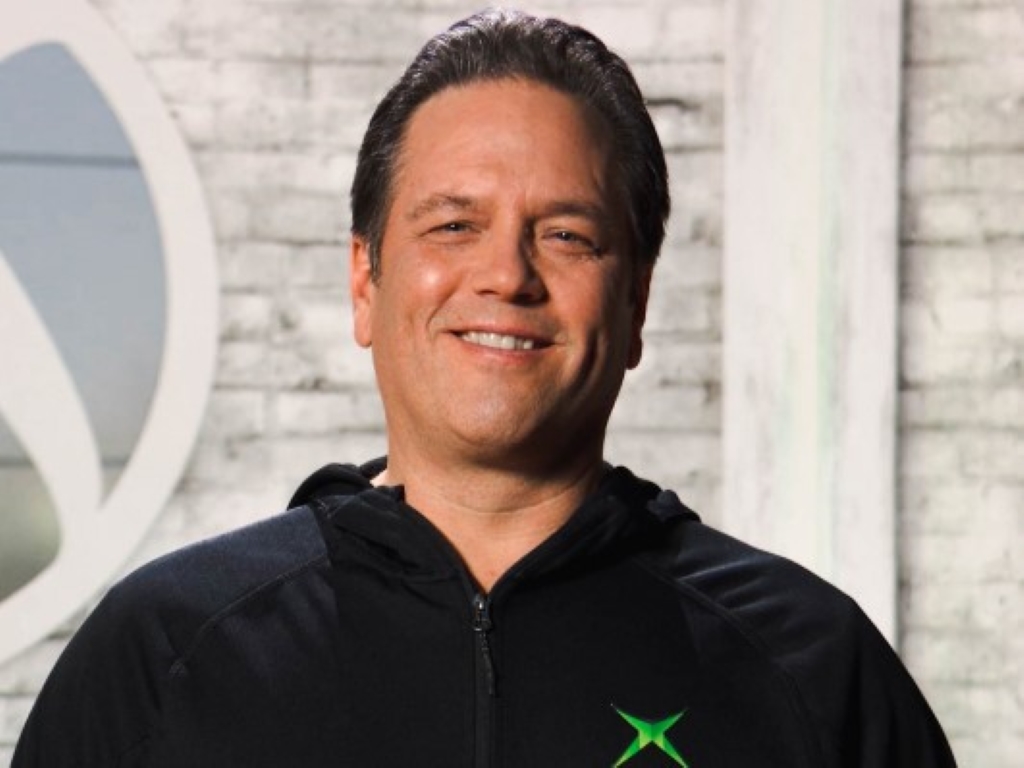
Phil Spencer's journey within Microsoft's gaming division has been nothing short of transformative. From uncertain beginnings to monumental acquisitions, Spencer has navigated the Xbox brand into a pivotal position within the tech giant's portfolio.
In 2014, when Spencer assumed leadership of Microsoft's gaming division, doubts loomed over the future of Xbox as it trailed behind Sony's PlayStation. However, less than a decade later, Spencer orchestrated Microsoft's largest acquisition ever with the purchase of Activision Blizzard for a staggering $69 billion. This landmark deal unequivocally affirmed gaming as central to Microsoft's strategic vision under the leadership of CEO Satya Nadella.
Spencer's rise within Microsoft traces back to his humble beginnings as a software development intern in 1988. Over the years, he played integral roles in various projects, including the development of Encarta and Microsoft Money. His deep-rooted understanding of the gaming industry became evident as he directed internal game development studios during the early days of Xbox, eventually assuming leadership of all Xbox studios in 2008.
Recognizing the importance of top-tier content, Spencer spearheaded significant acquisitions, such as the $2.5 billion purchase of Minecraft developer Mojang in 2014, which proved to be a monumental success. Subsequently, he played a pivotal role in the $8.1 billion acquisition of ZeniMax Media in 2021, further solidifying Microsoft's presence in the gaming landscape.
Spencer's strategic foresight extends beyond acquisitions, as evidenced by his efforts in exploring potential deals, including a bid for Warner Bros. Games. Despite the bid not materializing, his pursuit reflects his commitment to bolstering Xbox's gaming lineup and content offerings.
Moreover, Spencer's recognition of the burgeoning mobile gaming market led Microsoft to consider acquisitions like Zynga and Niantic before ultimately pursuing Activision Blizzard. With mobile gaming accounting for a significant segment of the industry, the acquisition aligns with Microsoft's broader gaming strategy.
Throughout his tenure, Spencer has exhibited a genuine passion for gaming, evident in his personal gaming habits and interactions within the gaming community. His dedication to recognizing the achievements of others, as demonstrated by his reluctance to overshadow past Xbox leaders at events, underscores his humility and collaborative leadership approach.
While challenges persist, including competition with Sony in the gaming space, Spencer remains optimistic, acknowledging both successes and areas for improvement within Xbox.
